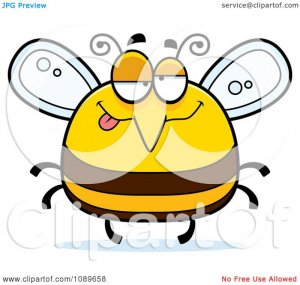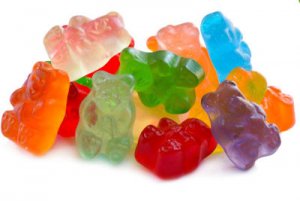Gardenlover
The world needs more love
Bees are major fans of hemp and a recent study has found that the taller the hemp plants are the larger the number of bees that will flock to it.
The new research, spearheaded by researchers at Cornell University and published last month in Environmental Entomology, shows that humans aren't the only fans of weed. The findings also reinforce a study published last year at Colorado State University that discovered the same thing.
The study shows how bees are highly attracted to cannabis due to the plant's plentiful stores of pollen, and it could pave the way for scientists to figure out new ways to support their struggling population as well as floral populations.
Click here for full article
The new research, spearheaded by researchers at Cornell University and published last month in Environmental Entomology, shows that humans aren't the only fans of weed. The findings also reinforce a study published last year at Colorado State University that discovered the same thing.
The study shows how bees are highly attracted to cannabis due to the plant's plentiful stores of pollen, and it could pave the way for scientists to figure out new ways to support their struggling population as well as floral populations.
Click here for full article




